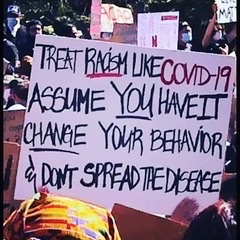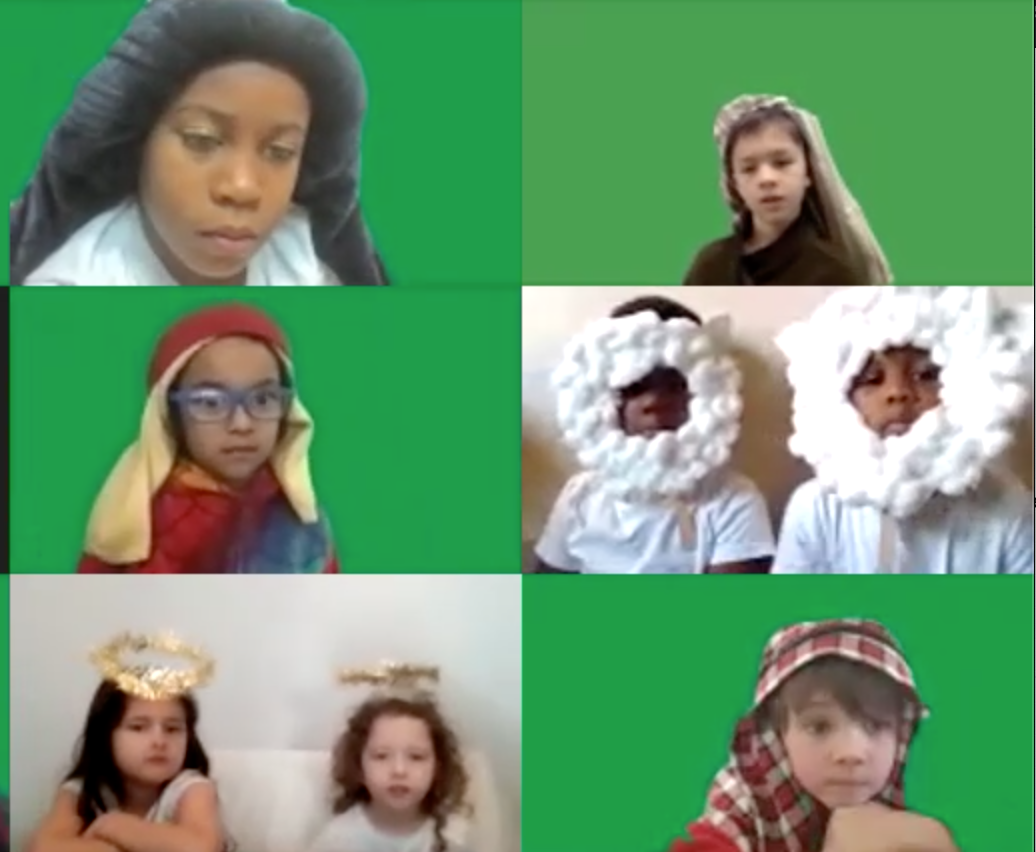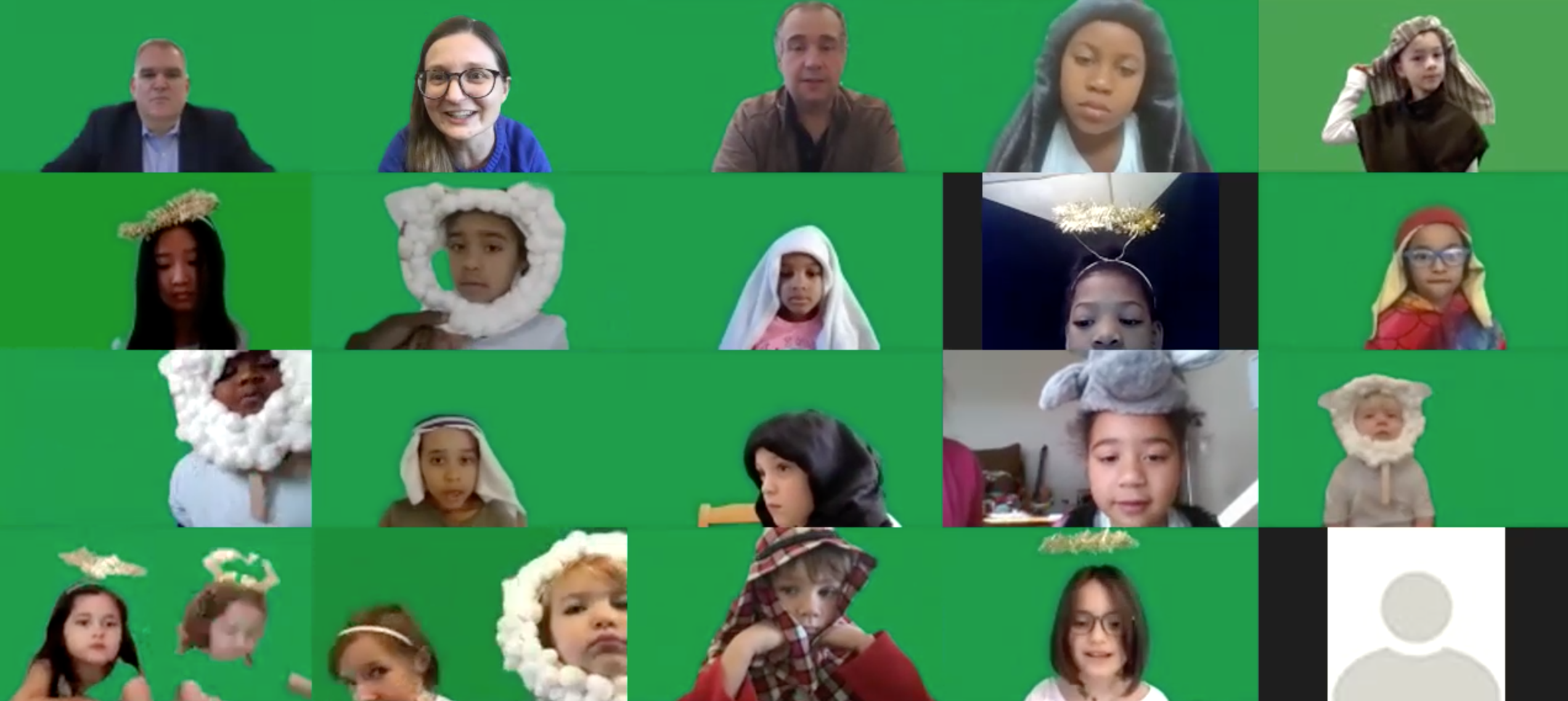
Tuesday, February 9
In Galatians 3:28 Paul insists, “there is neither Jew nor Greek, slave nor free, male nor female, for you are all one in Christ Jesus”.
Like our new Vice President a 2015 Pew Research Center study found that the combined population share of immigrants and their US born children stands at 26% today. Thus “is projected to rise to 36% in 2065, at least equaling previous peak levels at the turn of the 20th century”. The racial identity adopted by those “peak levels at the turn of the 20th century” are at the core of Working Toward Whiteness: How America’s Immigrants Became White, by historian David Roediger. What will this one third of the US population in 2065 make of race relations? Two possible paths are described by Roediger:
“In the wake of World War I, young Stjepan Mesaroš, on his first day at a Philadelphia slaughterhouse job, noticed the torrents of abuse heaped on a black coworker. A Croatian, Mesaroš sat on a break with a Serbian radical who worked in the plant. “You soon learn something about this country,” the Serb explained. “Negroes never get a fair chance.” The exchange sparked a series of conversations that helped transform Mesaroš (renamed as Steve Nelson) into a socialist and an antiracist. But for many immigrants, caught in a world of dog-eat-dog competition, the lesson would likely have been that African Americans were decidedly among the eaten, and thus to be avoided.”
Roediger examines the creation of whiteness among the newly arrived immigrants in the early 20th c. What is the church’s role to be in shaping whether these new 21st c immigrants emerge as antiracist rather than converts to whiteness? Will the church avoid the seductive ease and pull that racial binarism provides? Or will economic forces render the 21st c church as complicit as the 20th c church was?
Action step: today, with brutal honesty explore how easily you accept the binarism of black and white. Are you committed to a binary understanding of race relations in America? What role, if any, does fear play in your acceptance of racial binarism and racial hierarchy?
Prayer:
God, give me a voice.
God of all that is, you have given me eyes to see,
and the pain is so great that I cannot bear it.
I see children whose sense of self-worth is stolen from them
before they are even old enough to go to school.
I see young men labeled as “criminal” whose crime is the color of their skin.
You have given me ears to hear.
and the cries of your children tear at my heart.
I hear victims being blamed for the crimes that have been committed against them.
I hear the gunshots and the screams of the mothers.
You have given me a sense of smell.
and I am overcome by the odor of fear.
Fear of scarcity; fear that my wealth is dependent upon someone else’s poverty.
Fear of the unknown; fear that makes it easier to embrace nostalgia than to risk change.
And yet, O God, you have also given me the gift of wonder.
You have given me eyes to see the beauty of a young artist’s mural.
You have given me ears to hear the soaring strains of music lifted in praise to you.
You have given me the smell of bread being broken as you feed us with your body.
And so I pray to you, O God, give me a voice.
Give me a voice to declare the dignity of all your people.
Give me a voice to demand justice where today there is no justice.
Give me a voice to quell the fear and to declare the truth and the depth of your love.
Lord, give me a voice that I may declare your praise. Amen.
Sr Abbot Elizabeth Moore, O.S.L ~ This prayer was shared on September 10, 2020 by UMC Discipleship’s Praying for Change: Daily Prayers for Anti-Racism E-mail






